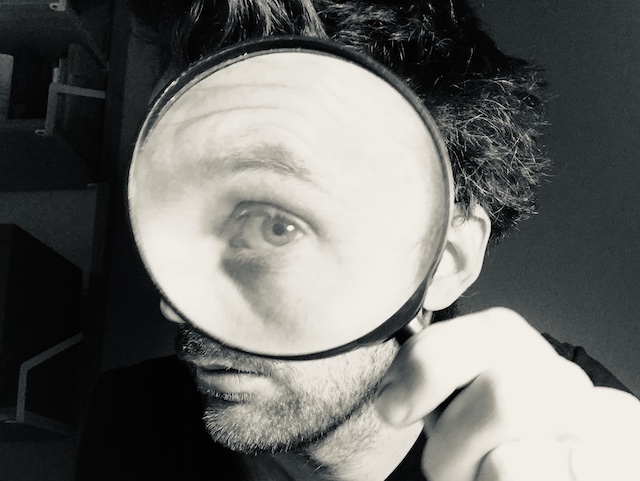What is real-world search, and why might it serve us in the digital world? The promise of a fully connected, digital paradigm is access to all the world’s information, at any time, everywhere. But there are some reasons why this ubiquity of access might not be a good thing.
- There is a risk that we become less confident in going out into the world without the information we need.
- We may lose the ability to find information other than by searching for it via a web browser.
- We may become less willing to seek information from people rather than machines.
If a digital skill is being able to find information online, then the analogous analogue skill is being able to find information in the world. Unlike its digital equivalent, finding information in the world actually requires a whole range of skills, from talking to people to noticing things in our surroundings, to being able to find the right reference materials. What I like to think of as real-world search.
And if the digital mindset is to assume I can find out whatever I need online, the analogue mindset assumes that I can find out everything I need from the world – and it will be enough.
Measured in bites of information yielded, online search wins hands down; but measured in experience – factoring in the opportunities for encounter, conversation, serendipity and discovery – in my view real world search has the upper hand. In the end it comes down to what your aim is.
What is the Analogue Skills project?
The Analogue Skills Project is my attempt to gather together and keep safe less digital ways of doing things in case we need them again. My aim is to discover/redicover ways of being, feeling and acting that might serve us better.
Read more about the project here and check out my latest posts:


Leave a Reply